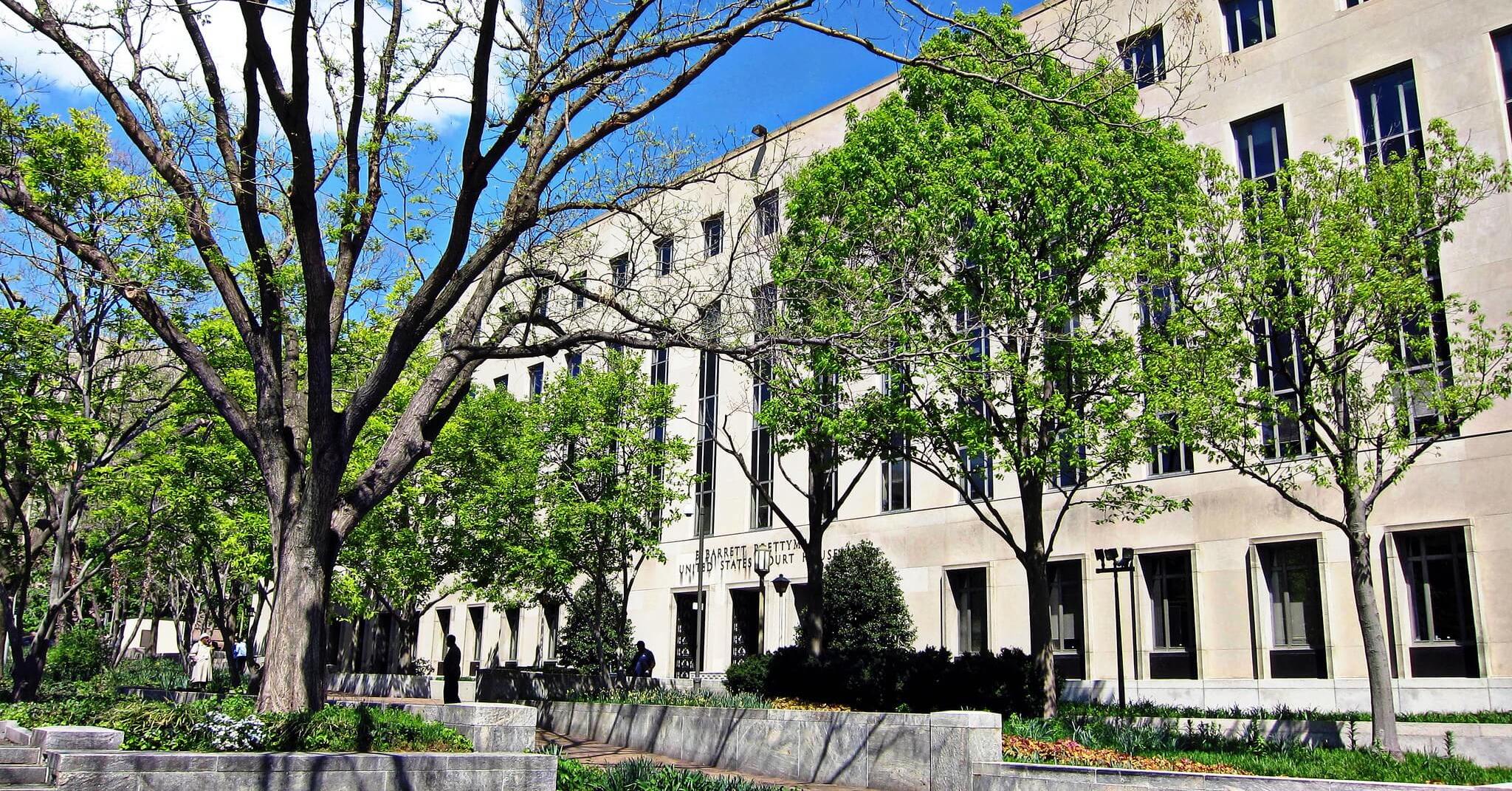New York Times Edit: "No One Has Questioned the N.S.A.’s Role in Collecting Intelligence Overseas"
The New York Times editorial page is annoyed, though not surprised, that
some politicians are trying to exploit the [embassy closure] episode by arguing that it proves the value of the National Security Agency’s domestic intelligence sweeps. On Sunday, Senator Saxby Chambliss, the top Republican on the Senate Intelligence Committee, said of the N.S.A.
Published by The Lawfare Institute
in Cooperation With

The New York Times editorial page is annoyed, though not surprised, that
some politicians are trying to exploit the [embassy closure] episode by arguing that it proves the value of the National Security Agency’s domestic intelligence sweeps. On Sunday, Senator Saxby Chambliss, the top Republican on the Senate Intelligence Committee, said of the N.S.A. sweeps: “If we did not have these programs, then we simply would not be able to listen in on the bad guys.”It's outrageous, the Times suggests, that Chambliss would raise this point, because "No one has questioned the N.S.A.’s role in collecting intelligence overseas, but the debate is about domestic efforts to vacuum up large volumes of data on the phone calls of every American that are legally questionable and needlessly violate Americans’ rights." I'm not making that last quotation up. Nobody has questioned the N.S.A.'s role in collecting intelligence overseas? Really? Not even, say, Andrew Rosenthal, editorial page editor of the New York Times on June 21, 2013? In a blog post on that day, Rosenthal criticized leaked procedures which are designed to guide surveillance of non-U.S. persons overseas under FISA Section 702 and to ensure that the agency avoids retention of information about U.S. persons during such collection, These procedures, to be clear, are meant to cover the overseas targeting of non-U.S. persons, yet Rosenthal argued that they could permit nonetheless invasions of Americans' privacy. The points on which he criticized the procedures have nothing whatsoever to do with domestic bulk metadata collection, which takes place under a different law. He wrote:
Now we can see these procedures, and my first reaction was to wonder why on earth they were withheld, apart from the disturbing indifference of Presidents Obama and Bush to disclosure on matters of intelligence and surveillance. After all, President Obama and other officials have been assuring Congress and the public that the N.S.A. is not collecting Americans’ communications on a mass scale. But as the American Civil Liberties Union pointed out, “The procedures contemplate not only that the N.S.A. will acquire Americans’ communications but that it will retain them and possibly disseminate them to other U.S. government agencies and foreign governments.” When there is evidence of a crime or “foreign intelligence information,” the communications can be retained forever. Other communications can be kept for five years. That net can be huge, because the FISA amendments allow the government to conduct surveillance without any probable cause or individualized suspicion, and because “foreign intelligence information” is so broadly defined that it includes information even about “the foreign affairs of the United States.” The documents allow the N.S.A. to assume someone is not a U.S. person in the absence of evidence that they are. The A.C.L.U. said the procedures even define attorney-client privilege as covering only people who have been indicted in this country. Even in that case, the N.S.A. may retain communications if they include that elusive foreign intelligence information, although they may not share it with prosecution lawyers. On the other hand, the A.C.L.U. contends, if the N.S.A. inadvertently picks up communication between a lawyer and a client at the Guantanamo Bay prison, nothing stops it from sharing the information with military prosecutors. The privilege does not seem to apply to American lawyers who have clients or contacts in other countries. These newly available procedures demonstrate an effort to avoid collecting Americans’ routine communications. But they are full of so many loopholes that they render Mr. Obama’s assurances that there is no mass-scale surveillance of Americans difficult to believe.It is true that the Times editorial page has elsewhere defended the NSA's spying on Europeans. But the page should probably be careful in intoning that nobody would ever question the NSA's overseas intelligence collection activities or in insisting that the debate is limited to domestic bulk metadata collection.
Benjamin Wittes is editor in chief of Lawfare and a Senior Fellow in Governance Studies at the Brookings Institution. He is the author of several books.


-final.png?sfvrsn=b70826ae_3)


